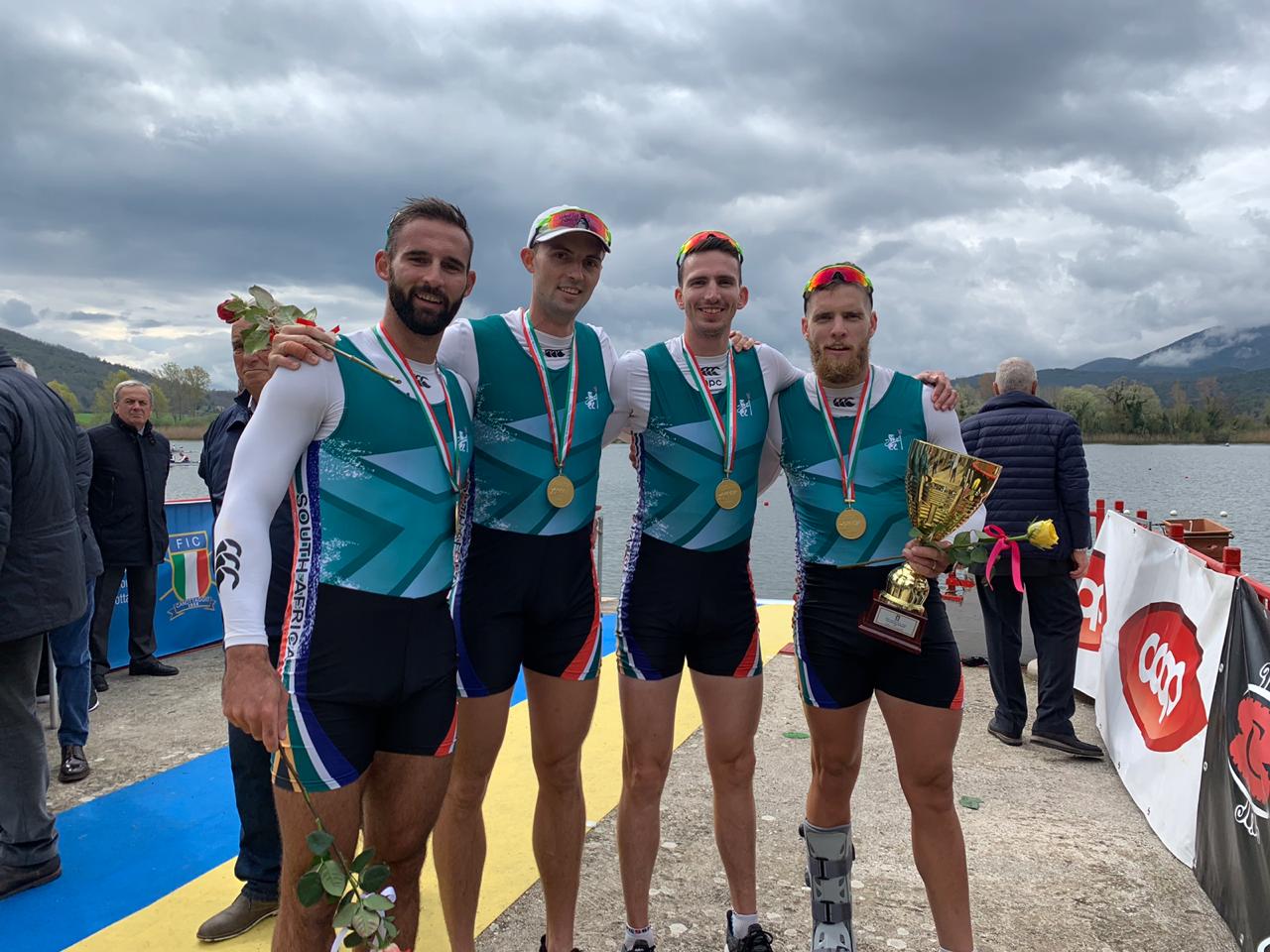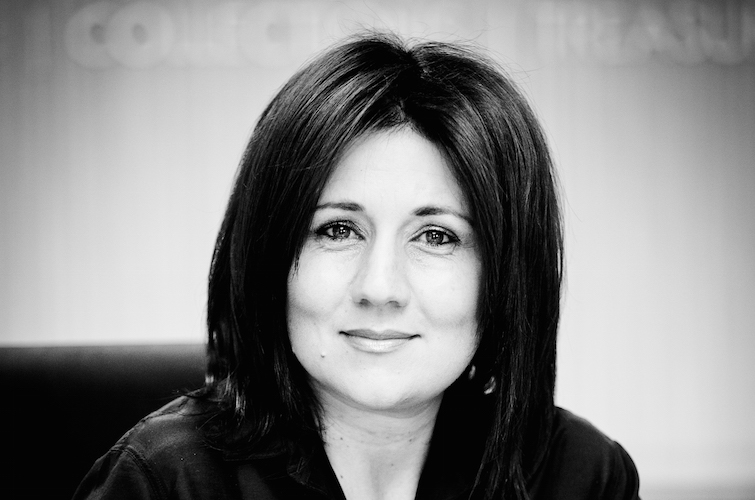
AIE 2021 – day 2
Day 2 of the 2021 African Insurance Exchange opened with a conversation around the future of data regulation. Theo Watson, commercial lawyer at Microsoft, spoke about our trust of technology and asked the question, how do we transfer that trust to artificial intelligence? Microsoft has set up an office of ethical AI to ensure that no one’s values get trampled by artificial intelligence.
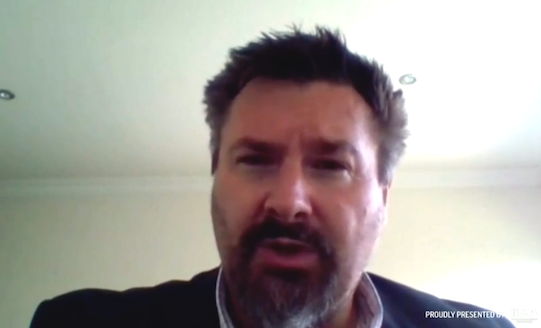
Microsoft’s building blocks for AI are fairness, reliability and security, privacy, and inclusiveness, underpinned by transparency and accountability. Regulation is necessary to regulate who makes the final decision – humans or AI – without stifling innovation.
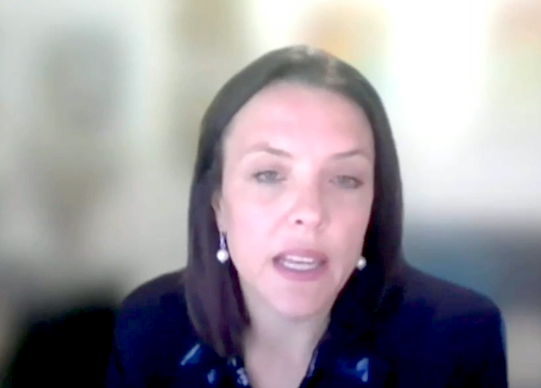
Deanne Wood of Fasken discussed the global growth in data privacy laws and honed in on South Africa and where we are sitting right now. She spoke about the General Data Protection Rules (GDPR) in Europe which were promulgated in 2018 and signalled the start of these protections. By 2023, 65% of the world will operate under data privacy laws.
She forecasts that privacy will become a selling point for insurance products in the future.

AI specialist Ron Richman of SA Taxi unpacked the impact challenges that artificial intelligence brings to the insurance sector. He listed some of the cutting edge technology that underpins AI and discussed some further usage and risks associated with the practice.
The conversation continued around PAIA, POPIA, ethics, risk management and other relevant issues surrounding the topic of regulation.
Session 2, “Agile working: Business engagements and Networking in the digital world without losing humanity”, was unpacked by Nontokozo Madonsela, Group Chief Marketing Officer of MMH; Matimba Mbungela, Chief Human Resource Officer at Vodacom; and Bernice Wessels, Associate Director and People and Analytics Lead, PwC.

The new reality requires a new set of leadership skills, said Nontokozo. We are no longer able to network with our colleagues in the flesh, have after work drinks, coffee conversations, chats at the gym – those have all been taken away. The new normal requires an overwhelming amount of empathy from leaders and careful, clear, transparent, reassuring communication to staff and clients.
“There’s a whole lot of humanity that is required right now,” she said. “We have to put the safety of humans first.”
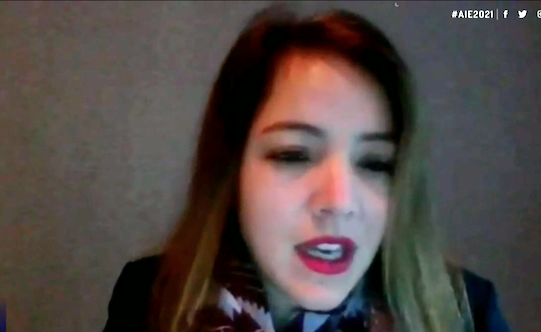
It’s amazing to see employee wellness becoming more important in the industry, said Bernice. We’ve also seen the successful ease with which clients and teams have shifted to a digital world – they’ve moved over far more easily than we ever would have thought. People are working harder remotely and battling to switch off. We’re seeing a lot more burnout than before the pandemic. Yet, on the other side of the coin, we’re seeing how resilient people are.
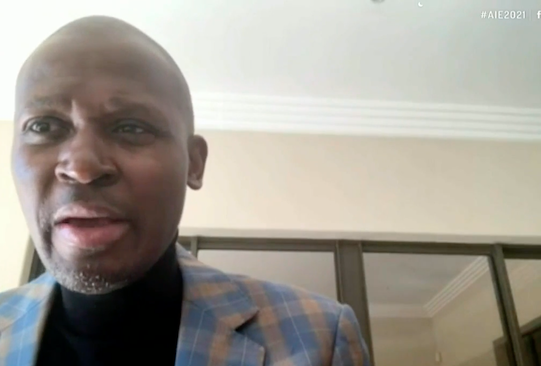
Matimba shared his experience of spending time in hospital with Covid. He explained how he worked electronically, when the only access to the external world was digital.
He spoke about the importance of focusing on the wellbeing of staff and cited an example of Vodacom allowing their staff to take their work chairs home to sit on while they’re working there. There was also a campaign called “office in a box” that gave their employees adequate connectivity at home.
“Innovative means of distributing insurance” was the topic of session 3. Discussion was led by Riaan Singh, partner/director at PwC; Willem van der Post, CEO and Founder of xTech.Capital; and Gustaf Agartson, Founder and CEO of BIMA.
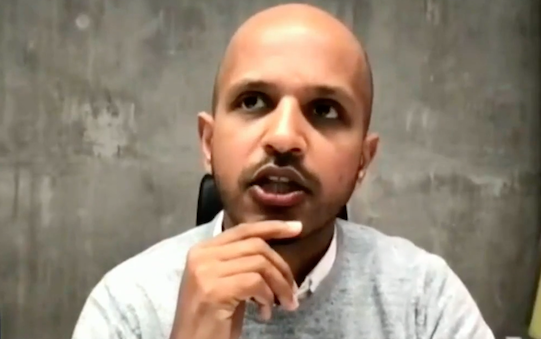
“Where is the future of advice?” asked Riaan. There’s a discrepancy between what the industry says when it talks about advice, and what the general public think it is – and what they’re asking for. We need to improve access to advice and make it more scalable.

Willem spoke about exponential technologies and the impact that Covid has had on fast-tracking digitisation and how digitising has moved up on the to-do lists of companies around the world.

Regardless of who you partner with, said Gustaf, there is value in human touch in the sales process. What really works well to maximise volume is not to rely on a partner for the sales process, but to run it in-house – and also to optimise the client onboarding process. This is made more challenging by Covid, but the principle still applies. Keeping both personal and digital channels active is key.
Session 4 focused on “Disaster management, what are we doing as a collective? Or what are we planning to do?” The panellists were Beat Strebel, Market Executive, MEA (Swiss Re) CEO, Swiss Re Africa Ltd; Golden Mbhalati, Senior Vice President – Head of Broking, Guy Carpenter; Jayne Mammatt, Partner at PwC: Sustainability & Climate change; and Christiaan Henning, Senior Analyst, Industry Technical Support at the Prudential Authority.

Jayne opened the discussion with comments around ESG revolutions, which has picked up over the past few years. It impacts on the types of companies that people are going to invest in. There are forces around the world that impact on what companies are doing around ESG. She also touched on value creation, product development and climate change.
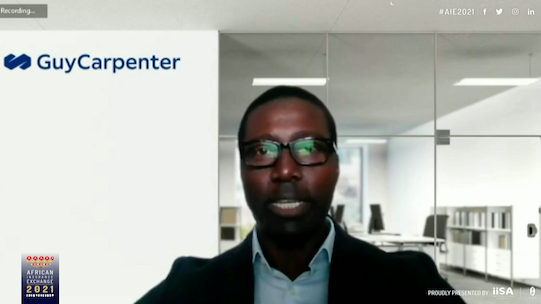
ESG brings its own risks, said Golden, for example the use of fossil fuels. SA relies heavily on coal, which is concerning from an ESG perspective. (Emalahleni literally means “place of coal”). Coal insurance is becoming a challenge in some parts of the world. It’s important to consider the entire value chain because many communities in South Africa rely on coal for survival.
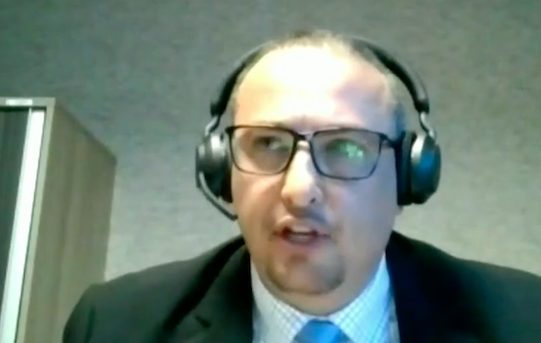
Christiaan highlighted some of the most recent natural disasters in South Africa in recent years – floods, droughts, fires, earthquakes.
“We should start preparing for the effects of tropical cyclones,” he said, “which has never been a consideration in the past.”
ESG considerations need to be built into business strategies from the outset. We also need to increase our understanding of these factors and figure out how we can help, he said.
He used the analogy of sport to unpack the rules of the game in the insurance industry from a quantitative, risk management and governance, and reporting perspective.

Beat spoke of extreme weather – heatwaves, floods and fires – in Canada and Europe causing losses in the billions. He touched on the economics of climate change – if we don’t stop now, the expectations are that we will see temperature increases up to 3 degrees Celcius, which will drive world GDP down by 18%. Even if we meet the conditions of the Paris Agreement, losses could be as high as 10%. Here in South Africa it could end up being in the region of 15%.
Sticking with disaster, the next session focused on its human side. Panellists were Paul Myeza, COO of Outsurance Life; Nick Wells, Senior Client Manager at Swiss Re Africa; and Natalie Pakkiri, Client Management Executive at Munich Re Africa.
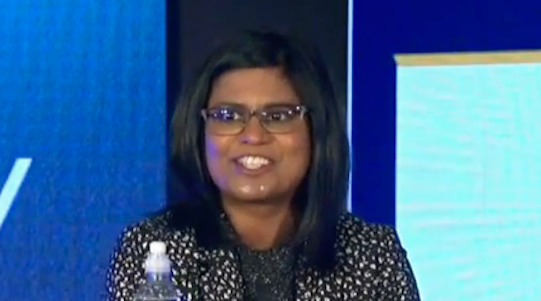
Natalie looked at the main impacts of disasters on the insurance industry.
There has been a continuous increase in natural disasters since the 1980s. Excess deaths in South Africa during the pandemic total around 200 000. In 2020 natural disasters cost in excess of USD 200 billion. About 60% of the world’s disasters were uninsured in 2020, skewed against poor countries.

Nick highlighted five aspects of disaster:
- Human impact is multi-faceted
- Major disasters have a large and significant impact on economic activity
- The income protection sector is under pressure
- Government ultimately bears the costs due to uninsured losses
- Insurance is a key solution in supporting us going forward

Paul focused on human impact, particularly in the South African context. From an insurance perspective we’ve seen pandemics before, but they’ve been academic in the main. Suddenly we have a massive global pandemic on our hands and we have learnt from it that we should put capital away for the next one. Some players have already started doing so.
The impact has been different on different social classes, with lower income households being more adversely affected.
On the positive side, the research that’s gone into the vaccine will stand us in good stead for the future. What impact will this spike in our morbidity have on life insurance?
The final panel discussion was titled “The new normal is normal”. It was presented by Werner Lindemann, Clickatell SVP – Commercial: Middle East & Southern Africa; Andreas Berger, CEO of Swiss Re Corporate Solutions; and Dr Thabi Leoka of Naha Investments.
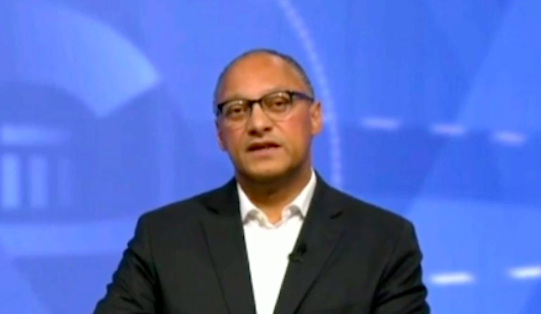
Andreas kicked off with a memory: “The first time I heard the phrase ‘the new normal’ was after the financial crisis.” And now we are in another new normal due to the Covid pandemic. We need to pull together to achieve corporate resilience in the insurance industry – particularly around climate change and sustainability of the planet, and innovation. To thrive in the new normal, companies need to self-reflect and prepare for the next disruption.
Werner spoke on using mobile technology as a catalyst for digital transformation. We need to reflect on what’s impacting our organisations – both macro and internally – and then use those moments of reflection to renew. And the time to start is now.
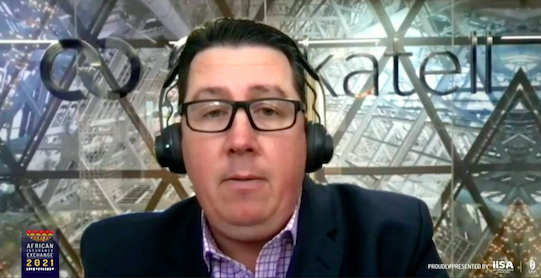
An IDC COO survey said two-thirds of insurers are in the early or medium stages of digitalisation. Only 11% are being disruptive. The insurance industry is sitting at a 35% digital adoption rate. And Covid has accelerated digitalisation plans – 62% of companies say they have brought their plans forward by a year and 14% by two years.

Thabi was up next. The pandemic has dealt a blow to the economies of the world, she said. The SA economy was already in decline before the pandemic started. How are we going to emerge from it? Warren Buffet says it’s only when the tide goes out that we see who’s been swimming naked. Thabi spoke on the impact of the pandemic on the economy and the socio-economic structure of South Africa – adding her hope that we’re not revealed as a “naked” economy once we emerge from the current situation.
The final session was followed by the IISA’s AGM and academic awards before the conference closed.
Big thanks to the sponsors of the 2021 AIE: Munich Re, Swiss Re, Discovery Insure, Sasria, Guidewire, GIFS, Santam, Allianz, Lloyd’s, Guardrisk, Bryte, Lombard, OMI, Indwe and Constantia.




